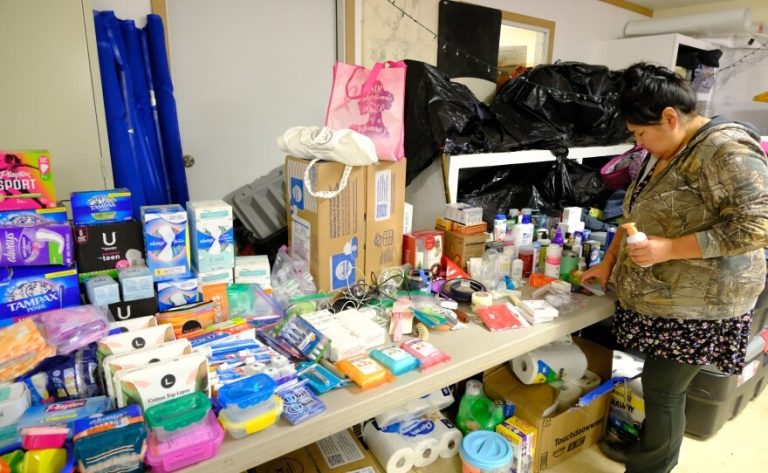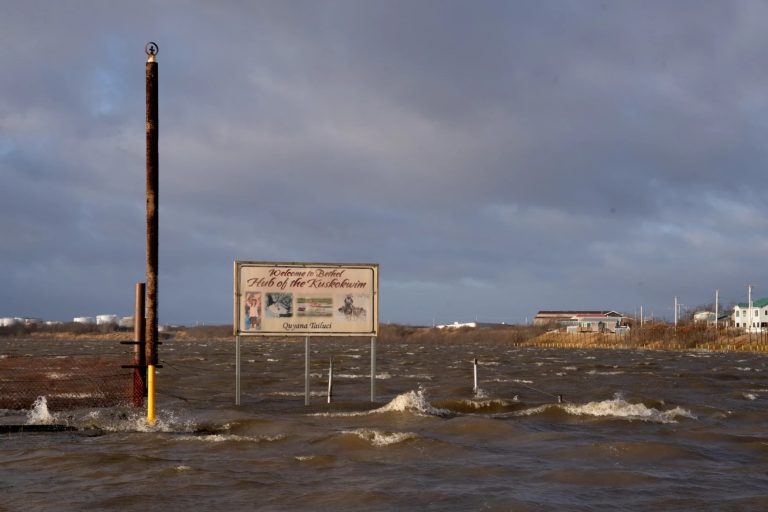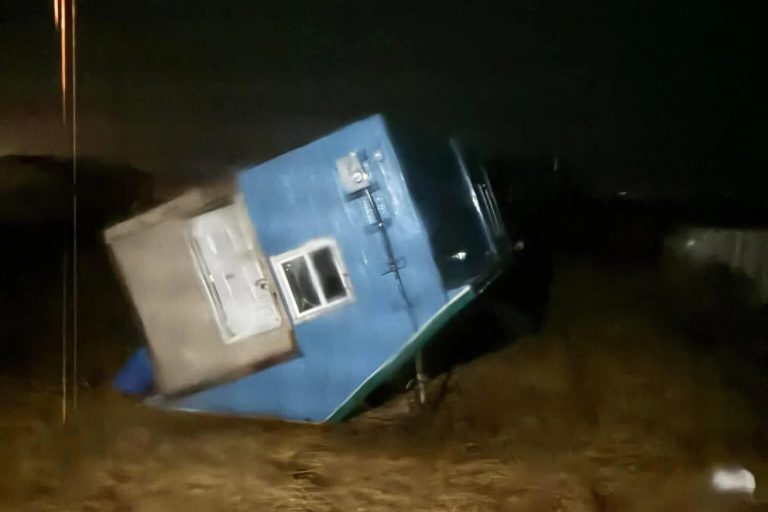by Antonia Gonzales
Women’s advocates call President Donald Trump’s use of the name Pocahontas as a jab at U.S. Senator Elisabeth Warren disrespectful to tribes and harmful to Native women. Advocates point to the story of Pocahontas, a Pamunkey Indian, as being romanticized too often. Advocates add the Pocahontas story is in fact about kidnap and rape and sadly resonates with modern-day Indigenous women.

Members of Albuquerque’s Native community light candles for a young girl who was violently killed on the Navajo Nation. (File photo-Antonia Gonzales, 2016)
“To dismiss, minimize that story (Pocahontas) or to make her invisible from who she is as a human, to explain to people why that’s inappropriate is very exhausting,” said Amber Kanazbah Crotty, an advocate and Navajo Nation lawmaker.
Crotty works on issues impacting Native women and children who experience violence and she sees it linked to intergenerational trauma, which continues to permeate tribal communities today. The Navajo Nation Council delegate believes President Trump’s use of the term downplays the stories of sexual assault survivors.
“It’s almost a common thread throughout Indian Country where women and children experience violence and so in minimizing Pocahontas’ experience is minimizing our experience and our existence,” said Crotty. “We deal with that on a daily basis it’s our reality and to not have that acknowledged at the highest office (White House), we can see why we have issues with public safety, we can see why our education system is substandard, we can see why our land is exploited. It’s because how they see us and treat us, is as invisible.”
According to the National Institute of Justice, more than 4 in 5 American Indian and Alaska Native women (84.3 percent) have experienced violence in their lifetime. Violence includes sexual violence, physical violence and stalking. Statistics further show, more than 90 percent of violence is committed by non-Native perpetrators who often act without facing punishment.
Lucy Simpson, Executive Director of the National Indigenous Women’s Resource Center, said statistics such as these are perpetuated by the stereotypes associated with images and names of Native women, which is damaging and promotes violence against Native women. The women’s center released a statement this week, in response to President Trump’s use of Pocahontas Monday during a Native American Code Talkers event.
On the Navajo Nation, like other reservation communities across the country, tackling violence comes with a number of challenges. Crotty, who chairs the Navajo Sexual Assault Prevention Subcommittee, examines jurisdiction issues, unprosecuted cases, lack of funding, lack of access to health care, lack of data and lack of basic communication services. She said these are just some of the many barriers in addressing violence in tribal communities.
“For us (subcommittee) to understand what’s happening in the community and how to stop it or prevent it on more of a systemic policy level and then start working on advocacy,” said Crotty.
The Navajo tribal council is also taking on revenge porn, cyber bullying and human trafficking, which Crotty believes are layers in society normalizing violence. Crotty said the committee is years behind in work on some of the issues, but members are focused on solving what’s contributing to violence on Navajo land.
“(We want) to provide the quality of life to our children that we prayed and dreamed about, that’s what we want to get done,” said Crotty.



